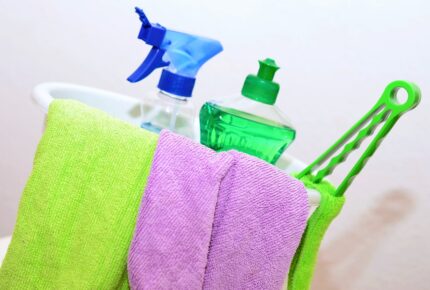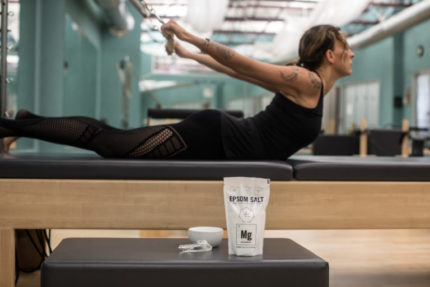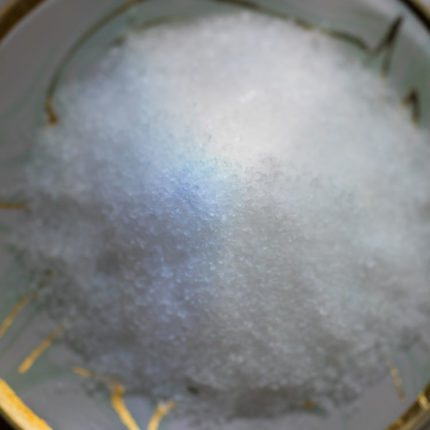Dr. Dendy Engelman says the magnesium in Epsom salt helps lower stress and inflammation
Our diets have robbed our bodies of magnesium, which can cause eczema, psoriasis and acne, says Dr. Dendy Engelman, a board-certified and nationally-acclaimed dermatologic surgeon.
To help restore magnesium levels, Dr. Engelman recommends soaking in Epsom salt, which is magnesium sulfate. The magnesium will help reduce stress and cortisol levels, stabilize hormonal imbalances and improve cellular processes.
Magnesium is a critical component in more than 300 biocellular processes, says Dr. Engelman, who is often quoted in top media outlets, such as Allure and Health. Those processes include helping with overall cell function and blood flow for suppler skin and muscles. The problem is much of our food no longer contains magnesium, partly because of the growing use of pesticides.
“It is a little-known fact that magnesium is much better absorbed transdermally [through the skin] rather than through the GI [gastrointestinal] tract,” said Engelman. “This is why using magnesium oil in a spray form or magnesium sulfate [Epsom salt] in a bath or soak is more effective than oral supplementation [of magnesium].”
According to Dr. Engelman, magnesium helps reduce inflammation, which is the root of many health conditions. By lowering inflammation, magnesium can help improve overall skin health, function and appearance.
In addition to its anti-inflammatory properties, Dr. Engelman says magnesium can help relax muscles, improve sleep quality, and reduce stress and anxiety. Stress alters the immune system’s ability to heal wounds and can overstimulate oil glands.
“When a person becomes stressed, the level of the body’s stress hormone [cortisol] rises,” said Engelman. “This in turn causes an increase in oil production, which can lead to oily skin, acne and other related skin problems.”
In addition to Epsom salt baths, Dr. Engelman recommends 5 home remedies:
- Moisturize skin year-round. The more pliable and moisturized skin is, the less it will be prone to crack and itch. Layer products to provide multiple barriers, starting with the lightest product and finishing with the heaviest.
- Stop taking hot showers. Hot water can put stress on your skin and strip its natural oils, leaving it more dry and vulnerable.
- “Soak and grease.” Spend at least 20 minutes in the shower or bath, then immediately apply moisturizer to trap some of the water on your skin, keeping it from evaporating.
- Avoid harsh soaps with fragrances. Glycolic acid, salicylic acid and retinols can further irritate the skin by drying it out. Dr. Engelman also suggests using products void of toxic ingredients, which can cause irritation, redness and sensitivity.
- Use oil-based products. Oil-based products are the best way to add moisture back into the skin and create a barrier. Ingredients such as aloe vera will help to heal flare-ups quicker.





